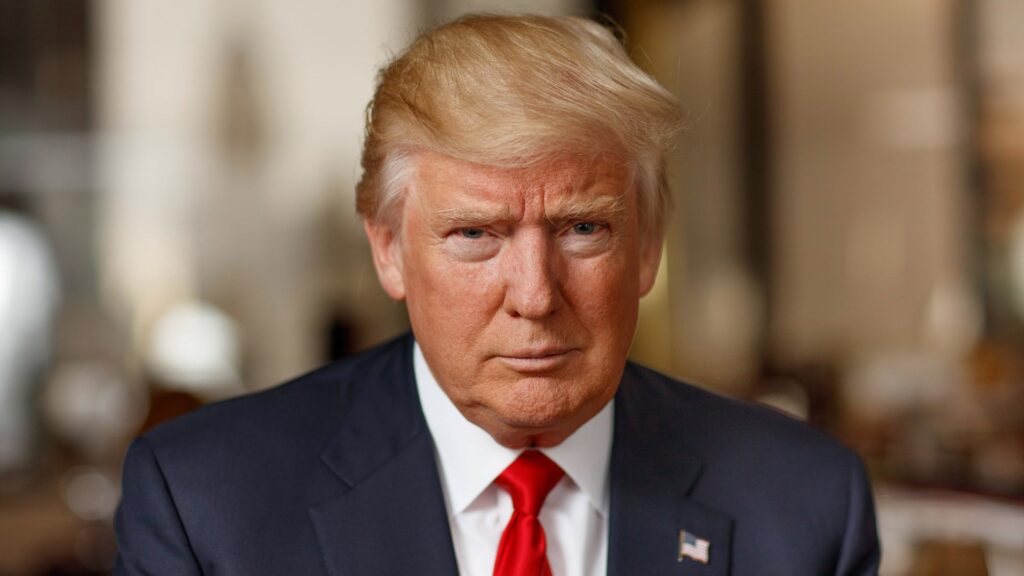In a bold move that has sparked widespread debate, United States President-elect Donald Trump has announced plans to deport all undocumented immigrants and end birthright citizenship.
This announcement came during an interview on NBC’s Meet the Press, where Trump detailed his vision for a comprehensive crackdown on illegal immigration, which he intends to classify as a national emergency upon taking office on January 20.
Trump’s plan involves deporting over 11 million undocumented immigrants currently residing in the U.S., a figure estimated by the Department of Homeland Security.
He emphasized the need to enforce existing immigration laws, stating,
“I think you have to do it. It’s a very tough thing to do. You know, you have rules, regulations, laws”.
The cost of this mass deportation is projected to be around $88 billion annually, according to the American Immigration Council.

In addition to mass deportation, Trump plans to issue an executive order to end birthright citizenship, a policy rooted in the 14th Amendment of the Constitution.
This policy grants citizenship to anyone born on U.S. soil, regardless of their parents’ immigration status.
Trump acknowledged the potential legal challenges to his proposal and suggested that achieving this goal might require a constitutional amendment.
While Trump has signaled a willingness to negotiate protections for “Dreamers”—immigrants brought to the U.S. illegally as children—his overall stance on immigration remains stringent.
The President-elect’s team, including incoming border czar Tom Homan, has called on Congress to provide significant funding increases to support immigration enforcement efforts.
Trump’s announcement has reignited discussions on immigration policy and its implications for the U.S. and its residents.
As the January 20 inauguration approaches, these proposed measures are poised to dominate national discourse, setting the stage for heated debates in Congress and beyond.














